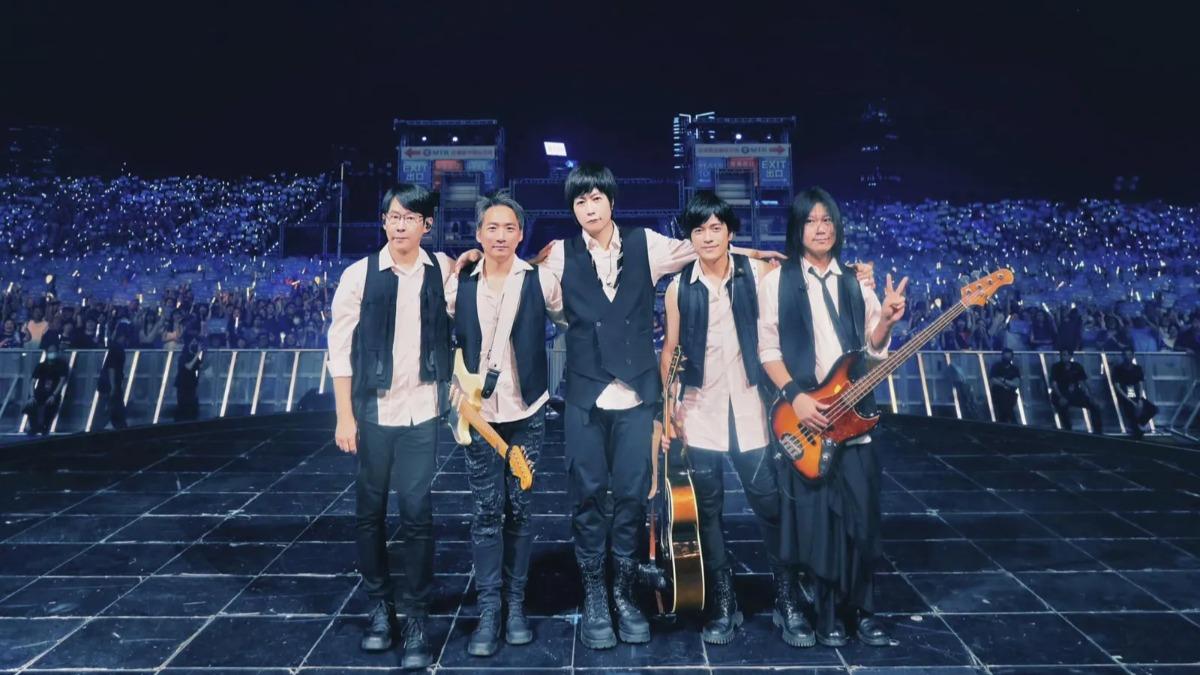TAIPEI (TVBS News) — President Lai Ching-te (賴清德) on Sunday (May 26) commented on the alleged pressure Taiwanese cultural figures face in China to make political statements, emphasizing the importance of their personal beliefs and calling for understanding.
This statement comes amid a broader discussion on the influence of the Chinese Communist Party (CCP) on Taiwanese artists and the implications for cross-strait relations.
The issue gained attention after Mayday's (五月天) lead singer, Ashin (阿信), referred to himself as "one of the Chinese people" during a concert in Beijing on May 24. Similarly, singer Shin (信), expressed his support for unification on Weibo.
Soochow University's (東吳大學) Assistant Professor of Political Science, Chen Fang-yu (陳方隅), highlighted that such statements are a result of CCP intimidation, a tactic long employed by the party.
Chen argued that the CCP's pressure on popular Taiwanese groups like Mayday, who had not previously made political statements, reveals complex underlying factors.
Chen praised President Lai's empathetic response to the CCP's coercion tactics, viewing it as a gesture of goodwill. He also noted that while not everyone might agree with Lai's call for understanding, dissent is a normal aspect of democratic societies.
Furthermore, Chen stressed the need for Taiwan to implement concrete measures to counter the CCP's united front tactics and educate the public on their nature.
Inresponse to Chen comment that such identification should be expressed freely, without coercion, Hsiao Hsu-Tsen (蕭旭岑), director of the Ma Ying-jeou Foundation (馬英九基金會), questioned the criticism of identifying as Chinese.
As Taiwan navigates its complex relationship with China, the debate over identity and political pressure on artists underscores the broader challenges of maintaining cultural autonomy and democratic values in the face of external influence.



